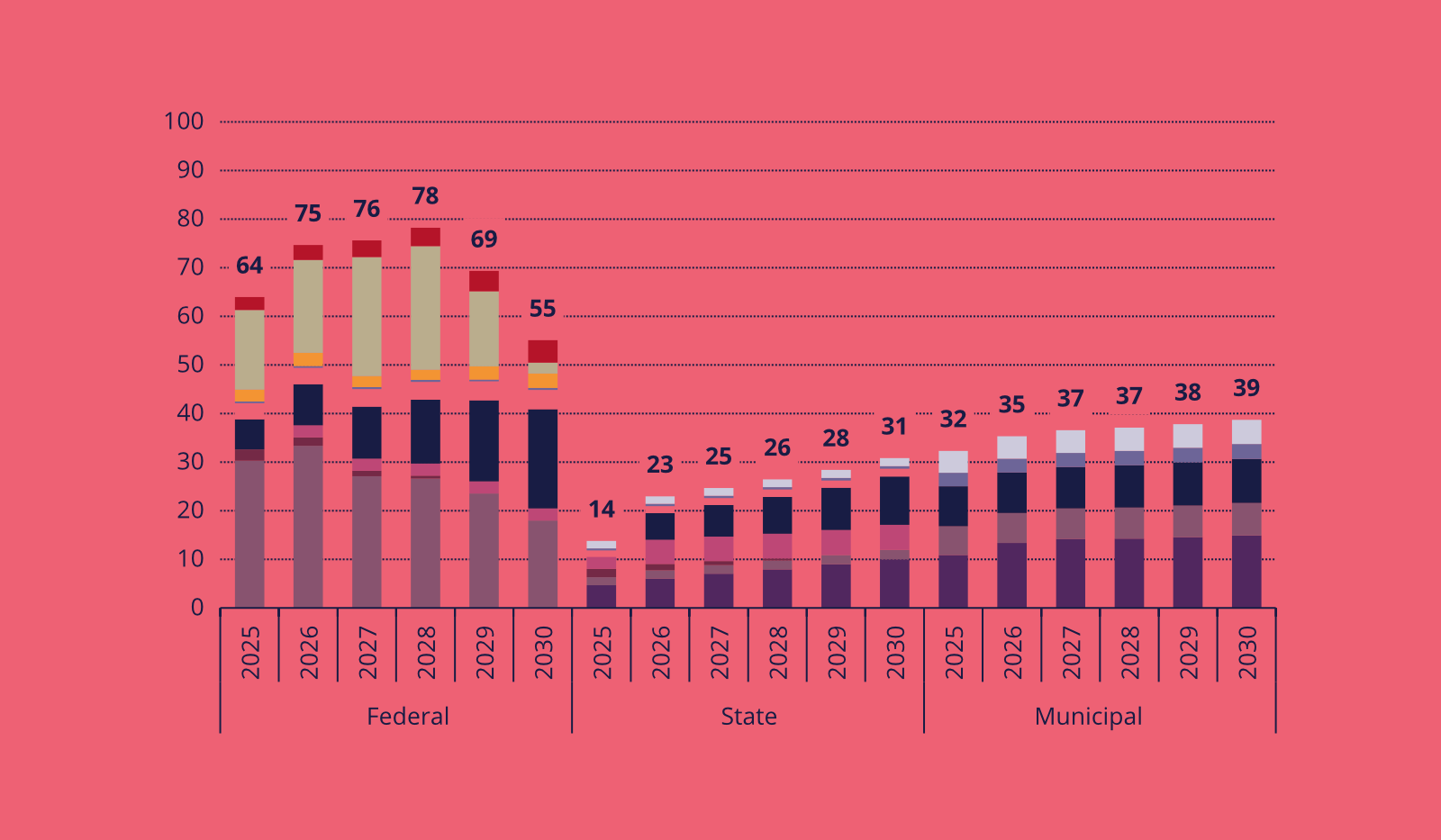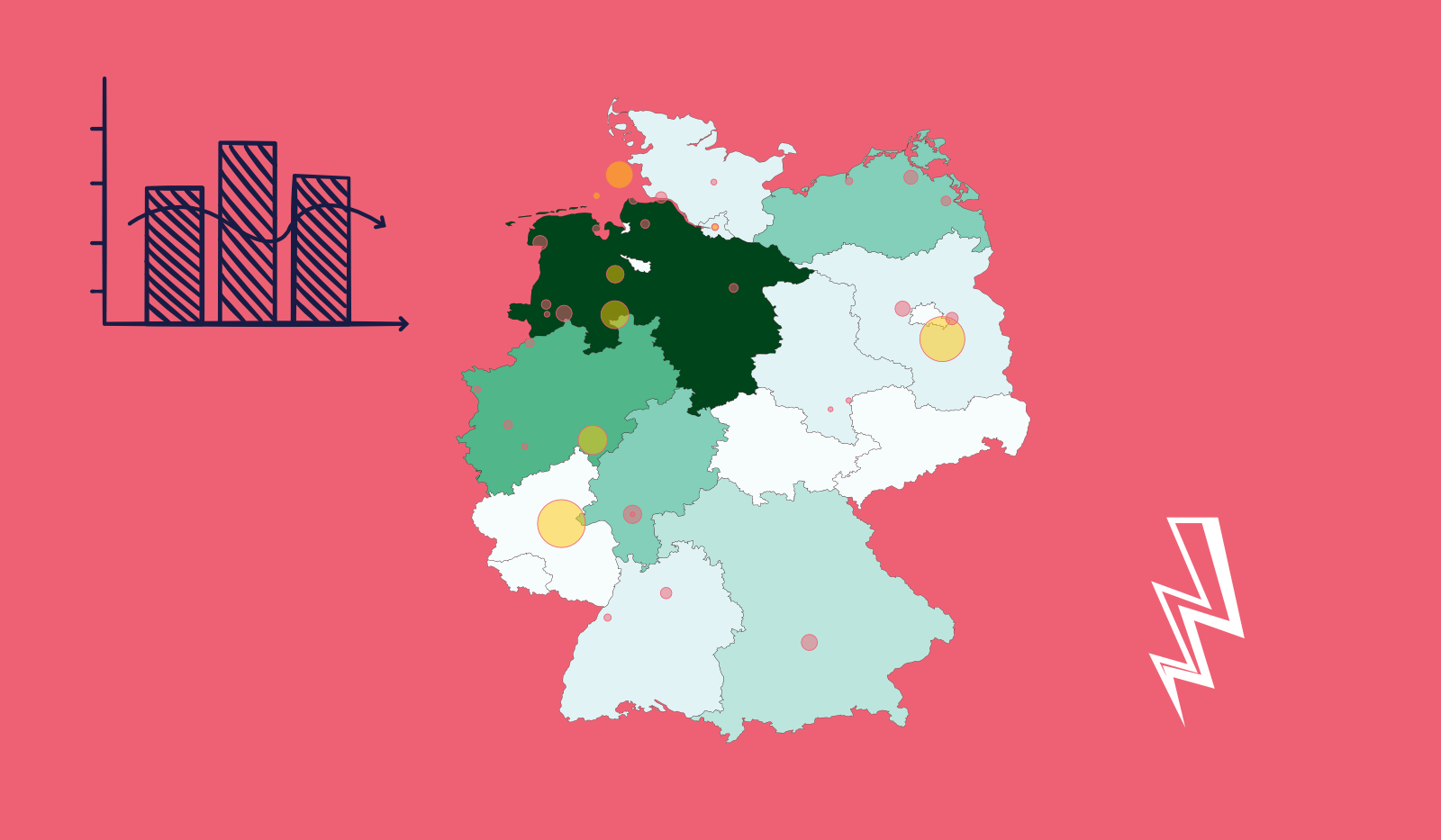On
the
role
of
normative
evaluations
in
the
potential
output
estimation
procedure
18. November 2025
Prof. Dr. Michael W. Müller




Publications
The Geldbrief is our newsletter on current developments in economic, fiscal, and monetary policy. We appreciate your feedback and suggestions.
Send it to timm.leinker[at]dezernatzukunft.org.

Droht jetzt die Mehrwertsteuererhöhung?
30. October 2025
Wie wird die 30-Milliarden-Euro-Lücke im Haushalt 2027 geschlossen?…
Philippa Sigl-Glöckner

Sondergeldbrief: Tausche Strafzahlungen gegen grünen Stahl – Autodeal verfehlt sein Ziel
9. October 2025
Flottengrenzwerte lockern und Strafzahlungen erlassen, unter der Bedingung grünen Stahl zu nutzen.…
Maximilian Paleschke

Völlig losgelöst: Warum Preise wie Raketen steigen, aber wie Federn fallen
1. October 2025
Seit 2022 stiegen Zementpreise sprunghaft an, kommen aber nicht wieder runter.…
Aurora Li
In our policy- and research papers we tackle questions from fiscal-, monetary- and wider economic policy. We seek to get to the bottom of things and develop feasible proposals that make a difference.

A controversial investment
20. November 2024
The US semiconductor company Intel is planning to build two ultra-modern chip factories near Magdeburg. This project was promised the…
Nils Gerresheim

Beyond Maastricht
19. November 2024
Strengthening Europe’s sovereignty has become a much-debated policy goal. This paper adds three arguments to ongoing discussions.…
Max Krahé

Public financing needs for the modernisation of Germany (Summary)
13. November 2024
This study maps the additional public financing needed to achieve widely accepted targets in areas that are pivotal to Germany’s…
Felix Heilmann
We would like to use our data sets to illustrate economic developments and make discussions more objective. Our data sets can be freely reused provided the source is stated.

First Lessons from the Dezernat Zukunft Supply Side Monitor
15. April 2025
In recent years, inflationary impulses came from supply shocks. The new Dezernat Zukunft Supply Side Monitor provides data on prices,…
Aurora Li

Guide to the Supply Side Monitor
15. April 2025
This is a guide to the Supply Side Monitor (SSM) by Dezernat Zukunft. In a first step the reader will…
Aurora Li

Investitionstracker: Update 2. Halbjahr 2024
23. January 2025
Im Laufe des Jahres 2024 wurden privatwirtschaftliche Großinvestitionen mit einem Gesamtvolumen von 38,7 Milliarden Euro angekündigt oder in die Umsetzung…
Gerrit Schröter
Geldbrief
The Geldbrief is our newsletter on current developments in economic, fiscal, and monetary policy. We appreciate your feedback and suggestions. Send it to timm.leinker[at]dezernatzukunft.org.
All entries
Papers
In our policy- and research papers we tackle questions from fiscal-, monetary- and wider economic policy. We seek to get to the bottom of things and develop feasible proposals that make a difference.
All entries
Datasets
We would like to use our data sets to illustrate economic developments and make discussions more objective. Our data sets can be freely reused provided the source is stated.
All entries

Dezernat Zukunft is a non-partisan policy institute
[custom-twitter-feeds]






